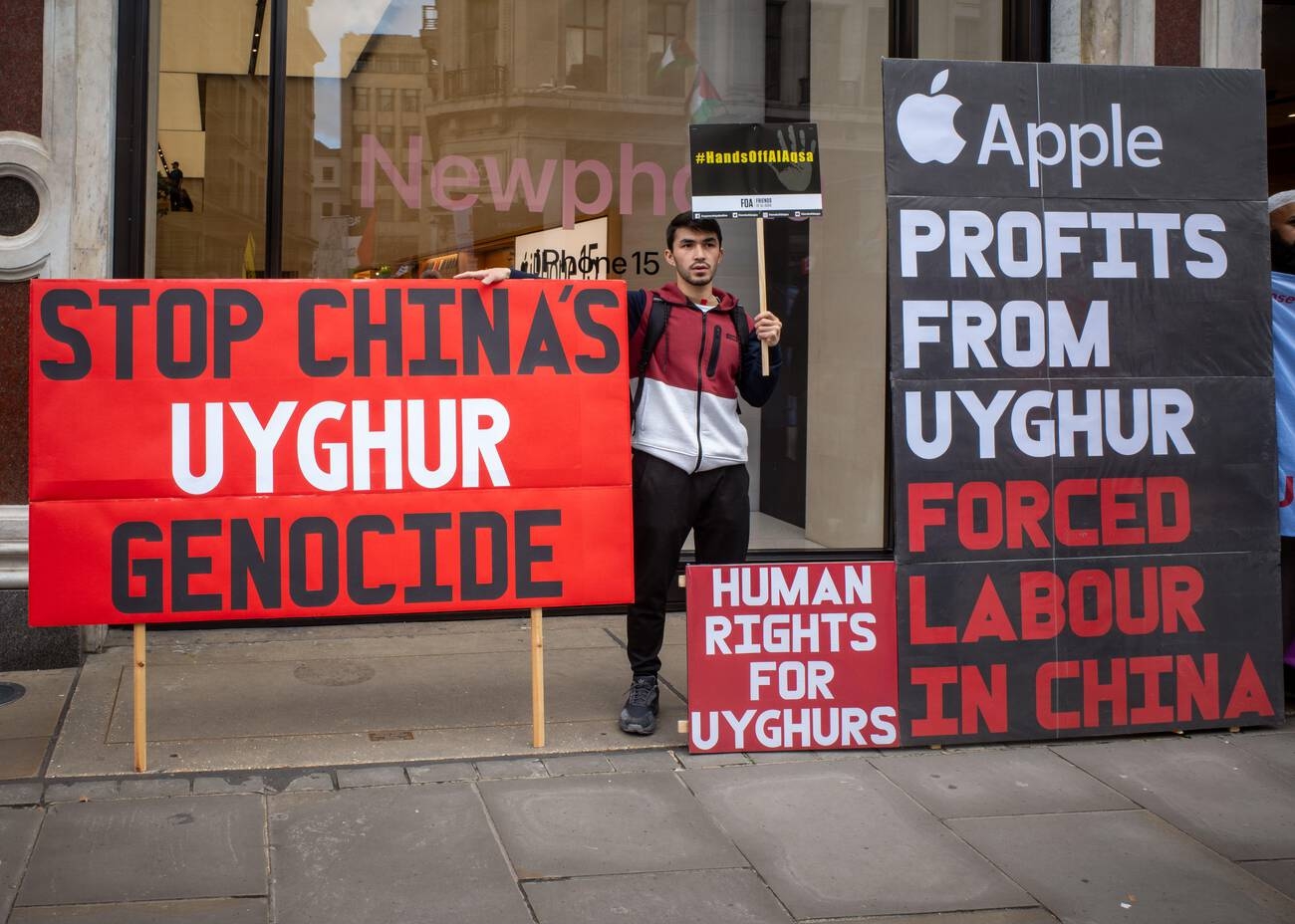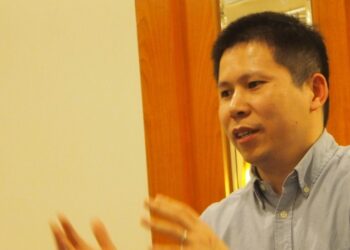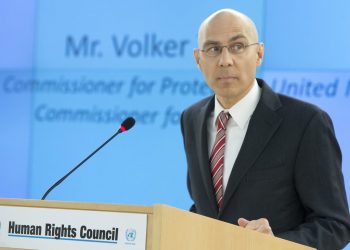Human Lives Human Rights: Recently, there have been rallies in China to protest against the Covid-19 restrictions. In these protests, the Chinese Communist Party and Xi Jinping were also targeted.
These protests are the biggest form of people’s dissatisfaction with Xi’s government since the beginning of his leadership.
In this demonstration held in the cities of Shanghai, Nanjing and Beijing, protesters demanded the resignation of Xi Jinping.
Here, one point is worth noting. The Chinese government has had a very specific and clear record of suppressing protest-social movements, like the violent suppression and massive massacre of the Tiananmen movement in 1989.
The Tiananmen Square Massacre or June 4 massacre refers to a series of student-led protests in Tiananmen Square in Beijing, People’s Republic of China, from April 15, 1989 to June 4 of the same year.
These protests were held with the presence of more than a hundred thousand people. It is said that between several hundred and a thousand people were killed in these protests.
The Chinese Red Cross Organization published the figure of 26,000 dead and the estimate of the Swiss ambassador was 27,000, but British documents declassified on December 24, 2017 show that at least ten thousand Chinese protesters were killed in Beijing’s Tiananmen Square in the early summer of 1989.
Alan Donald, the then British ambassador to China, notes that these people were suppressed by the Chinese forces. Meanwhile, the statistics of the Beijing Hospital show that 478 people were killed and 980 people were injured.
In this movement, the students protested against China’s economic instability and the Communist Party’s repressions and government corruption. The Chinese Democracy Movement played a leading role in these protests.
The biggest resistance and the most violence occurred on the night of June 3rd and early morning of June 4th in one of the main streets four kilometers from west of Tiananmen Square adjacent to residential towers where high-ranking retired officials lived.
Around 9:30 p.m., troops from the 38th Army Group arrived in Moshidi where they encountered a crowd of several thousand citizens. At first, the army tried to disperse the crowd by firing tear gas and plastic bullets, which was met with the response of stones and objects from the people.
Around 10:30 p.m., they started firing aerial shots and stun grenades, which still had no effect until 11 p.m. using military weapons (an AK-47 automatic weapon, a type of Chinese Kalashnikov that can fire 90 rounds per minute) until at 11:00 p.m., they began to open real fire on people using military weapons, military vehicles advanced quickly and ran over anyone who stood in front of them.
The troops in armored vehicles and tanks also started to move towards the square and some riflemen started shooting and their arrows hit the windows of the buildings where foreign photographers and journalists were present. The troops warned them to move away from the windows so that they could not take pictures of the carnage near the square.
It was estimated that around 100,000 protesters were present in the square when the military forces entered. The protesters did not expect the soldiers to use live ammunition to suppress them, but when a number of protesters were killed and injured, the remaining people got terrified.
By 2:00 a.m., only a few thousand people were left in the square; Chai Ling, one of the leaders of the protestors, announced that those who want to leave can leave there. Around 3:30 a.m., famous Taiwanese singer Heo Dejian, who had entered the square on May 27, along with three other people, met with the leaders of the military government in order to leave the square peacefully, they met with the leaders of the military government, and the officer of the People’s Army was convinced.
At 4 o’clock in the morning, the lights of the square were turned off, and about three thousand people left the square in a hurry. At 5:30 a.m,, only 200 brave protesters were left, who were forced to leave by the forces. By 5:40 a.m., just before sunrise, the square had been completely cleared of protesters as ordered.
In recent years, the Chinese government has focused solely on economic development and suppressed any dissenting voice. Therefore, the situation of this country is extremely one-dimensional and monophonic. For example, we can point out that the political system of this country, which is still single-party. Also, the internet in this country is not connected to the global network and have the internal network.
People in this country are strictly under the supervision of intelligence-security services, because China has the most military-security cameras in its cities, among the countries of the world.
The situation of one voice and the lack of democracy in China has reached the point where recently the former leader of this country, Hu Jintao, has been rejected and removed from all the relations within the structure of the Communist Party and publicly expelled from the recent meeting of this party, in the presence of Xi Jinping. On the other hand, Xi Jinping has made the conditions set to be the president of this country for his entire life.
This situation shows that the Chinese society is severely suffering from the lack of democracy and freedom of expression, and this situation has even spread to the elites within the government. Therefore, despite such conditions, we can even expect that this movement will be suppressed again, like the Tian’anmen movement.

















